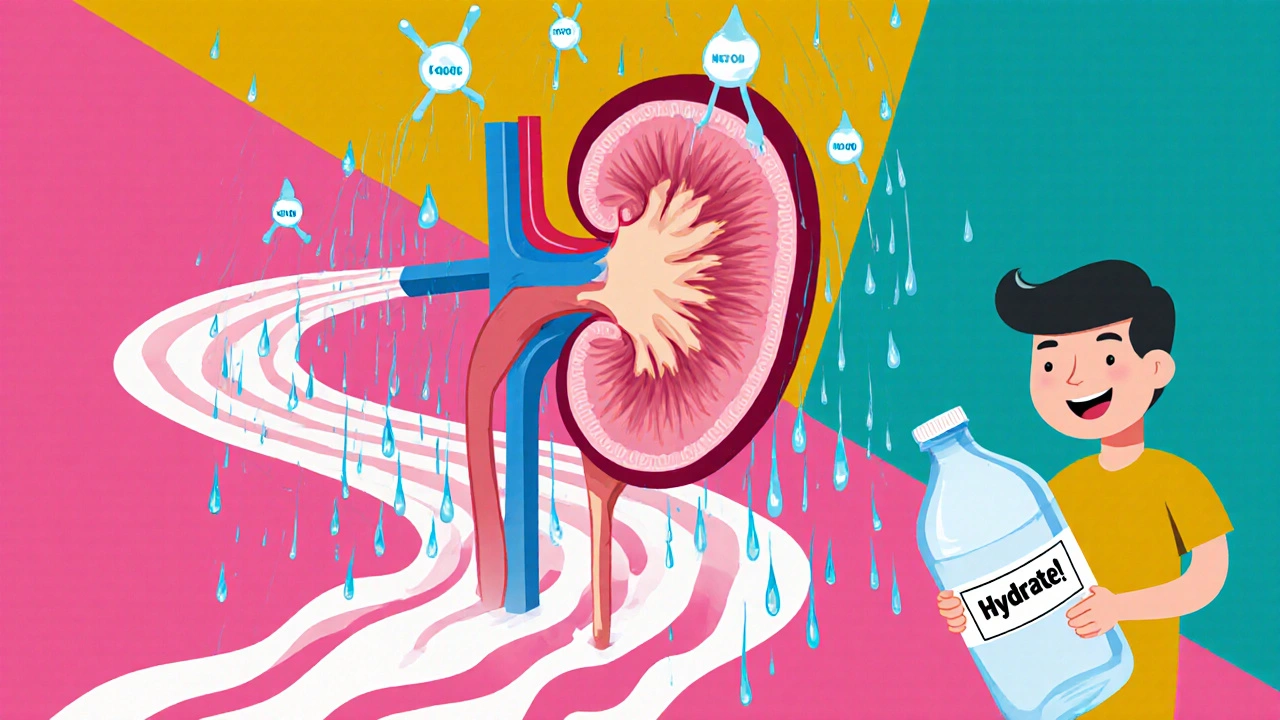Gliflozins Side Effects: What You Need to Know Before Taking SGLT2 Inhibitors
When you hear gliflozins, a class of diabetes medications that lower blood sugar by making the kidneys flush out excess glucose. Also known as SGLT2 inhibitors, they’re prescribed to millions because they do more than just control sugar—they also protect the heart and kidneys in people with type 2 diabetes. But like any drug, they don’t come without risks. You might feel fine at first, but some side effects sneak up slowly—or hit hard and fast.
The most common issue? urinary tract infections, a frequent problem because gliflozins increase sugar in the urine, creating a perfect environment for bacteria. If you’re a woman, you’re more likely to get them. Yeast infections are also common, especially in people with a history of them. Then there’s dehydration—gliflozins make you pee more, and if you’re not drinking enough water, you could end up dizzy, tired, or even hospitalized. People on diuretics or with low blood pressure need to be extra careful.
Some rare but serious risks include ketoacidosis, a dangerous buildup of acids in the blood that can happen even when blood sugar isn’t high. It’s not common, but if you feel nauseous, have stomach pain, or notice fruity-smelling breath, get checked right away. There’s also a small chance of foot or leg amputations, particularly with canagliflozin, in people with poor circulation or prior foot ulcers. And while most people tolerate gliflozins well, muscle pain, low blood pressure, and kidney changes can happen too.
These drugs aren’t one-size-fits-all. If you’re older, have kidney issues, or are on insulin, your risk profile changes. The FDA and major medical groups have issued warnings about these side effects, and real-world data backs them up. That’s why knowing what to watch for matters more than just taking the pill.
Below, you’ll find real-world breakdowns of how these side effects show up in practice—what patients actually experience, how doctors respond, and what steps you can take to reduce your risk. No fluff. Just facts you can use.
SGLT2 Inhibitor Side Effects: Dehydration, Dizziness, and Blood Pressure Changes Explained
SGLT2 inhibitors help lower blood sugar and protect the heart, but they can cause dehydration, dizziness, and low blood pressure. Learn how these side effects happen-and how to manage them safely.
© 2026. All rights reserved.

